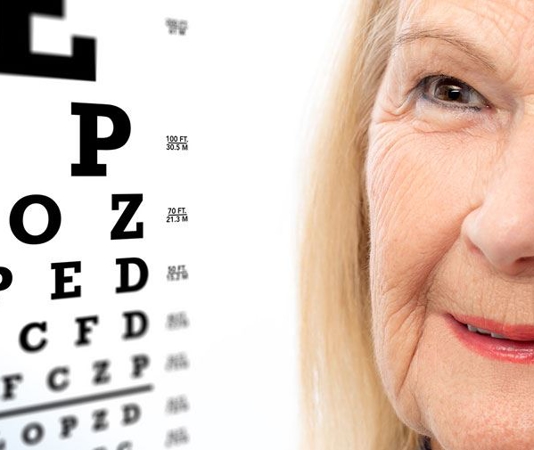Becoming a family caregiver can happen suddenly, without planning or preparation by either party. The need will vary depending on the individual and their health status, which will in turn affect the impact on their loved ones.
Here are a few tips to help as adjustments and even new plans are made when a loved one unexpectedly becomes a dependent or a roommate:
- Get over the guilt. It’s hard to say how you got here. Maybe the seniors in your life had plans to move into a facility and it fell through or their health took a turn and it was no longer an option for them to remain in their private home safely. Chances are that this is not your fault and there was nothing you could do to prevent it from happening. Here are a few more tips on avoiding the guilt trap.
- Don’t go it alone. While an elder parent may want you and only you to help them, that might not be realistic. Whether it’s calling in other family members, friends, or hiring professionally-trained caregivers for back-up, you will need some assistance. Maybe you can run your Mom’s errands and be a companion, but you need to draw the line at personal care such as help getting in and out of the shower. Or, you are concerned about them falling while you are not around and you bring in someone to help with activities of daily living like assistance in the bathroom.
- Educate yourself. If you were going to start a new job, would you assume you already know how to do everything? No, you would expect some training and people to ask how to do certain tasks. It’s the same with elder care for a loved one and you can get support in a variety of ways from online courses to groups of other family caregivers (many of these are specific to conditions such as caring for someone living with Parkinson’s disease or dementia or being a spouse as opposed to an adult son or daughter).
- Do some research. Right now, you’re feeling like a super hero, if even a reluctant one, because you have saved the day by taking on this responsibility. However, now is the time to look at the short and long-term plan ahead. Are you prepared to have your Dad live with you for another 10 or 15 years? Will he be able to move back into his house at some point, and if so, will he continue to need support? These will be personal questions to sort out together. We’ve gathered some advice on how to approach this conversation here.
Caregiving can be joyful and lead to new memories and bonds, but it can also throw life out of balance for a bit. Don’t be shy in asking for a hand as you get things sorted out in your new role.





